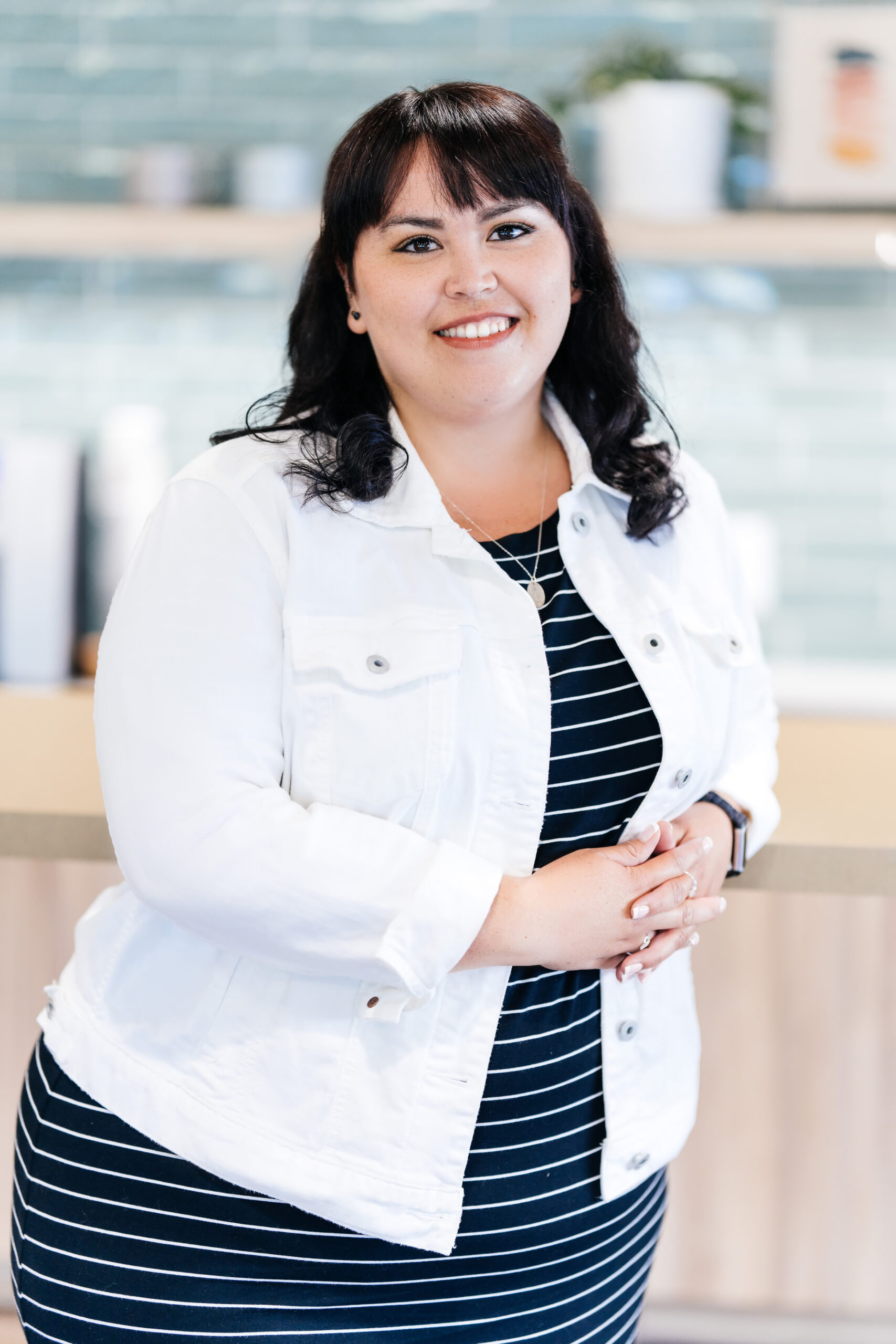Clients I look forward to working with?
I enjoy working with motivated clients who are ready to start work immediately! I enjoy working with BIPOC identified individuals and couples and navigating social justice issues and offering support in processing racial trauma. I find working with medical, emotional, and physical trauma processing one of my strengths. I also greatly enjoying working with the queer and gender diverse community as well as non-traditional relationship dynamics. I love helping clients explore their spirituality and discover their spiritual paths and life meanings.
How do I help you reach your goals?
As an integrative therapist, I incorporate three main theories in my approach to clients. I utilize Cognitive Behavioral Therapy, Attachment Theory, and Mindfulness. With couples, I integrate Attachment Theory and Gottman Couples Therapy. But, as I cater to each and every client specifically, I may incorporate other modalities (such as art therapy) as deemed appropriate to help ensure I am meeting your specific needs.


What was your path to becoming a therapist? What inspired you to choose this profession?
As a child from a divorced home, I realized the impacts relationships could have on everyone in their system from an early age. My curiosity at seeing new systems form when relationships changed only increased as I aged.
I decided to spend my life studying relationships and the ways they functioned. I have been ever intrigued by the reasons behind why people do the things they do and the underlying emotions and thoughts that shape our behaviors.
My work continues with you and all my past clients, who are always teaching me as much as I am teaching them. I will forever be a student to life. But, I am happy to share what I have learned from my years of experience and education to those who will likely only teach me more in my professional journey.
If you hadn’t become a therapist, what profession would you have chosen and why?
If I had not become a therapist, I would have liked to open a flower shop. I greatly enjoy nature and being around it. I’ve seen how flowers can bring so much joy and comfort to us. I think I would have greatly loved owning my own flower shop!
Short Term (Solution-focused, etc.)
Ideal for those who are coming in with a specific problem they’d like to address and gain clarity on. Typically, short term therapies are present focused and do not dive deep into your past.
Structured
Structured therapies are goal and progress oriented. Therapists may incorporate psychoeducation and a specific “curriculum.” In order to stay on track, therapists may provide worksheets and homework.
Insight-oriented (Psychodynamic, Existential, etc.)
Exploring the past and making connections to present issues can help clients gain insight. Getting to the root of the issue and finding deeper self-awareness can help with long-term change.
Non-directive (Humanistic, Person-centered, etc.)
Going with the flow and seeing where it leads.
Behavioral (CBT, DBT, etc.)
Focuses on changing potentially unhealthy or self-destructive behaviors by addressing problematic thought patterns and specific providing coping skills.
Trauma Focused (EMDR, TF-CBT, etc.)
Recognizing the connection between trauma experiences and your emotional and behavioral responses, trauma focused therapy seeks to help you heal from traumas.